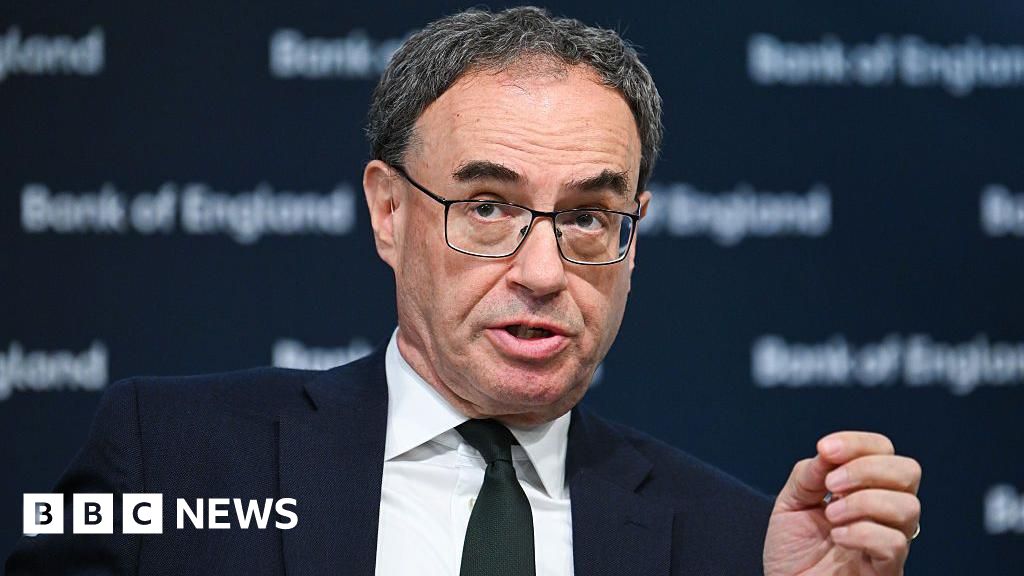
Bank of England Governor Andrew Bailey has stated that reducing barriers to UK-European Union trade created by Brexit would be advantageous for the UK economy. Speaking in an interview with the BBC, Bailey emphasized that, while he does not hold a personal or official political stance on Brexit, the data show that the disruption to trade has negatively impacted the UK.
“As a public official, I don’t take a view on Brexit,” Bailey said, reiterating the Bank’s commitment to political neutrality. However, he added that any steps to reverse the trade and economic frictions introduced after the UK’s departure from the EU would likely prove beneficial for the country’s overall economic health.
Since formally leaving the EU in January 2021, the UK has experienced a marked decline in trade volumes with its nearest and previously largest trading partner. Economists and business leaders have repeatedly pointed to increased bureaucracy, customs checks, and regulatory divergence as factors reducing trade efficiency and raising operational costs.
Bailey’s comments reinforce concerns shared by several economic experts and institutions, including the Office for Budget Responsibility (OBR) and the UK Treasury, which have previously highlighted Brexit’s dampening effect on GDP. According to estimates, the UK economy is expected to be as much as 4% smaller in the long run compared to a scenario where the country remained in the EU.
The Governor’s remarks come amid broader discussions about the UK’s economic trajectory, inflation control, and interest rates, as the Bank of England seeks to balance growth and stability in a post-Brexit landscape. While Bailey avoided entering the political arena, his acknowledgment underlines the growing consensus among policymakers and analysts that resolving post-Brexit trade inefficiencies is crucial for Britain’s long-term economic prosperity.
Source: https:// – Courtesy of the original publisher.








